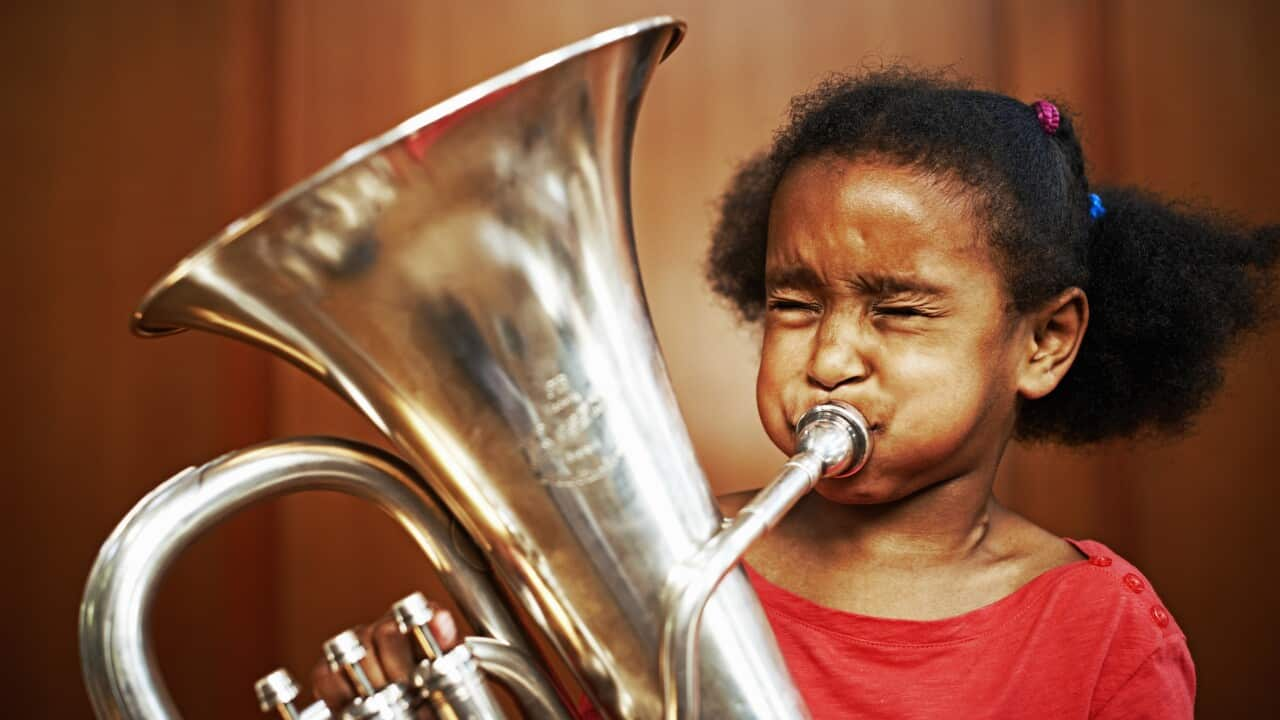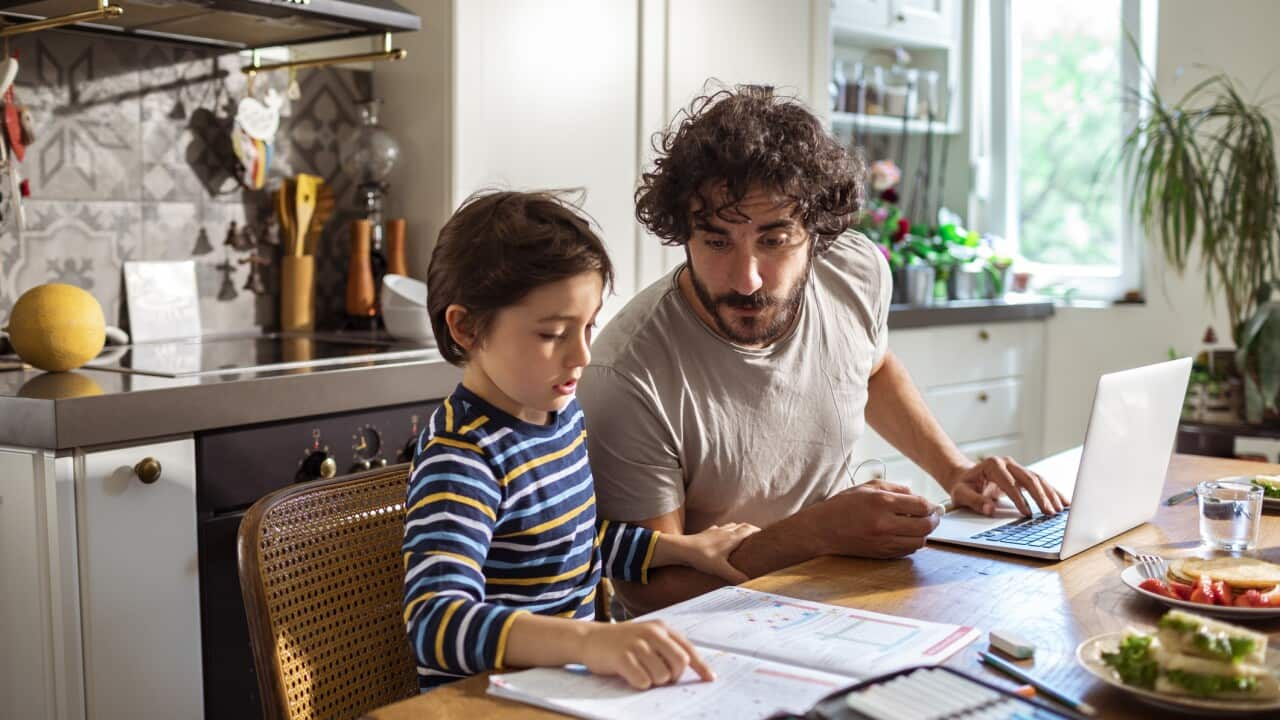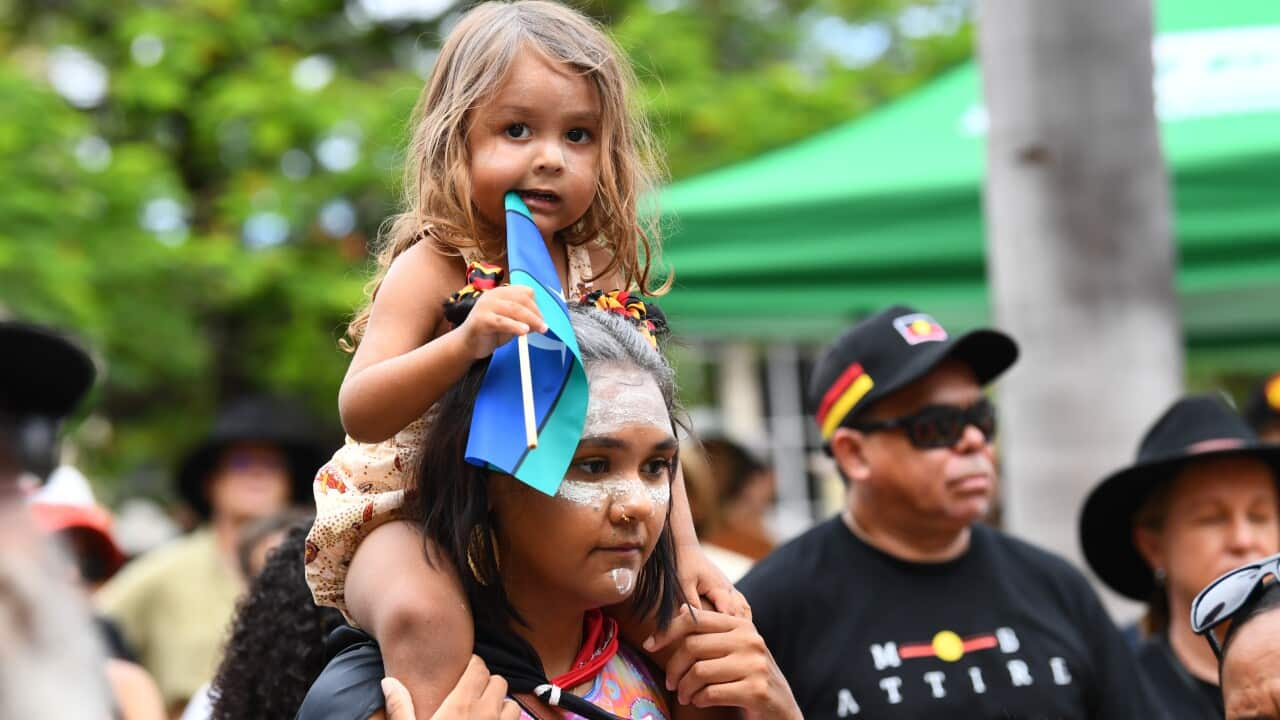Key Points
- Access to good school music education depends on your state or territory and your school.
- The Music Teachers’ Association in your state or territory lists teachers by instrument and location.
- Instrument lessons are available for every age, ability and music style.
The advantages of learning an instrument, whether as a child or an adult, are profound.
Engaging in music fully activates your sensory perception and enhances your cognitive translation and communication skills.
“As a total activity, the benefits are massive,” according to school music coordinator Howard Chaston.
Very few subjects you learn at school or in life bring it all together in one package. Think about numeracy and literacy. Music has all of that embedded in it and more. It’s a cross between numeracy, literacy and PE.Howard Chaston
With so many free lessons available online, you can easily begin your musical journey with guided tutorials designed to accommodate various skill levels.
But perhaps you want to develop excellent techniques to get the most out of your instrument.
The benefits of a teacher
Engaging an instrument teacher can be extremely rewarding, says Iska Sampson, Canberra musician and string teacher.
“They can see and hear how you're playing and give you tips that are specific to that instrument. And they also demonstrate,” Ms Sampson says.
“The other great thing is that you get to play with other people. Whether it's just you and your teacher playing a duet, when you're learning how to play in tune together and in time together, you pick up so many skills.”

Credit: Cavan Images/Getty Images/Cavan Images RF
School music education
School music programs can be a viable option when searching for lessons for a child. However, the quality of music education accessible to your child can vary significantly depending on the state in which you reside.
Typically, your state high school will offer a basic music class, but some schools will also run individual instrument lessons.
“Usually it costs a bit extra, and tutors come from the professional ranks to teach in those schools one on one and in small groups,” Mr Chaston explains.
Some schools even have a large staff of professional musicians that only teach music.
No matter the size, school music programs are also a great way for families to engage with the school community.

Seeking out professional instruction can be a valuable choice. Credit: Edwin Tan/Getty Images
Finding a teacher in the community
Some music store staff are instrument tutors and have plenty of local connections.
School music coordinators are also well-connected and can provide valuable guidance to help you find the right resources.
Another useful resource is the Music Teachers' Association in your state or territory, which maintains a list of teachers categorised by instrument and location, allowing you to refine your search criteria online.
Alternatively, you can search online for instruments or community music groups.
“Even using a Maps app and putting in music lessons or folk music or jazz or rock – they do come up on those apps,” Ms Sampson suggests.
Exploring small community associations is worthwhile, as many welcome individuals of all ages and skill levels who are eager to learn. Parents can even learn from the same teacher as their child.
It’s never too late to learn
It can be daunting, but learning as an adult is wonderful, Ms Sampson says.
“Group and one-on-one lessons are very much available in most places in Australia, and they're of all levels,” she says.
It’s a great social activity, so people often learn with a view to joining a group.
Don’t be discouraged if you find your teacher’s style differs from your own learning style.
“Feeling frustration or anxiety, or being upset or crying in the lesson, that's something that can happen to people,” Ms Sampson reassures.
“Teachers are perceptive, but they might not know how they can change their teaching style to help you find the way to learn.”
Although it's difficult, telling your teacher what you're feeling can be so useful because the teacher then says, ‘ah okay, how about we try something different?Iska Sampson
Finding another teacher, or even a new instrument, could also be worth trying.
Where can I find an instrument?
Some school music departments invest in instruments and loan them to students for a fee, while other schools require students to provide their own instruments.
Good music stores will offer introductory packages that can include a basic instrument and case and access to an online tutorial.
Second-hand instrument stores and instrument repairers are also a great resource.

Senior man playing mandolin and senior woman playing ukulele Source: Moment RF / Joao Inacio/Getty Images
“Perhaps your local library runs a program like Hobsons Bay where you can check a guitar out, as you do a book, for three months, "founder Craig Watt recommends.
“That gives a person an opportunity to see if the instrument is for them. Sometimes, they might feel the guitar is not the right instrument. It might be piano or saxophone or some other instrument.”







